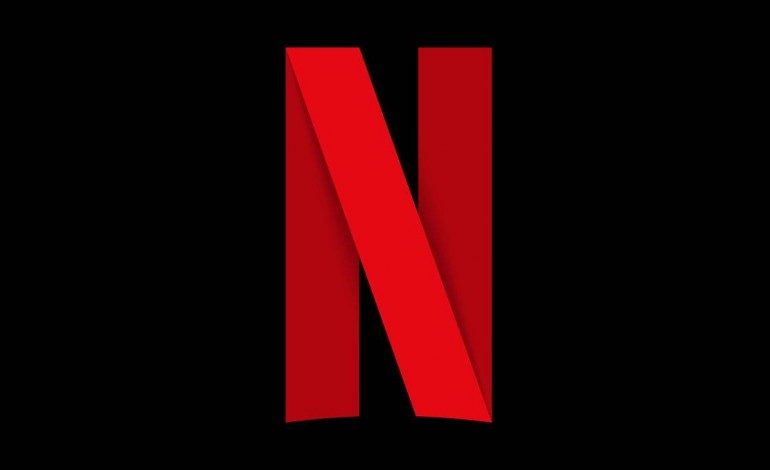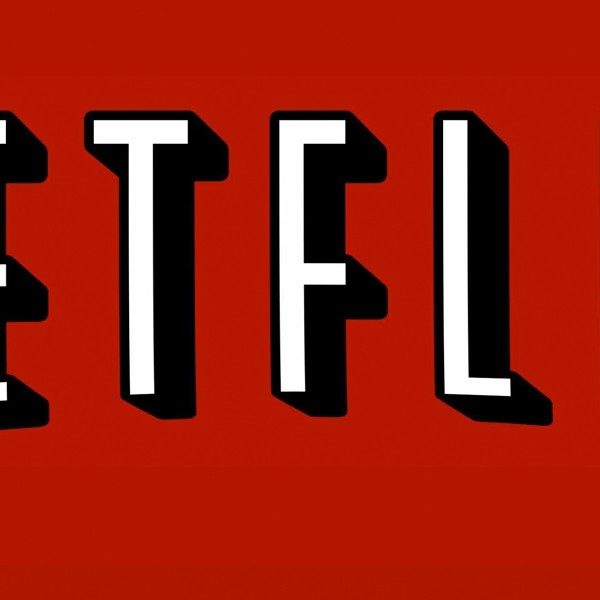

After taking charge of the US market, Netflix tackles European television. In the new year, Netflix is set to spend around $1 billion in the creation of original content in Europe. This has led local networks to upping their game in production in order to keep up with the network giant.
Despite their large influence, Netflix still will face challenges in this European market, with an audience of over 700 million, along with a variety of countries and languages. Unlike the US, Netflix will also have to work around the various other television networks and broadcasters that have already left their mark, often shelling out $17 billion each year for original content.
Netflix plans to overcome this challenge by creating a range of content featuring different European countries with a variety of genres. Some of the shows Netflix plans on producing are The Eddy, a drama set in a Paris jazz club, as well as Hache to Tribes of Europa, a German sci-fi thriller about drug trafficking in Spain. Netflix has already commissioned a plethora of original content for the new year: five series in Germany, seven in France, and six in Spain.
With this new push has come some backlash. Already, Netflix has found a rival in Spain: Moviestar+. “When Netflix said they would launch a show in Spain —our show Cable Girls —Moviestar+ immediately said they would launch 2,” stated Teresa Fernandez-Valdes, producer of Cable Girls. “Now Moviestar + is premiering a new series every month! That would have been unimaginable before.” Netflix seems undeterred, however, with shows set to hit the Spanish market within a year or two. Some of the upcoming Spanish originals will be High Seas, a drama set in the 1940s executive produced by Teresa Fernandez-Valdes, and Diablero, a horror series created by Alvaro Longoria of Morena Films in Madrid. Watch the trailer for Cable Girls below.
Netflix has broken a barrier by setting up its European production hub in Spain, which as of yet has remained fairly uncharted territory regarding streaming services. “The entrance of Netflix in Spain has generated a tsunami that has broken the status quo,” Longoria claimed. “Before, Spain was a very oligopolistic market. There were very few players and they followed the same patterns. Now the whole thing is wide open.”
Netflix’s style has not been met without opposition. European production will have to come to terms with Netflix’s all-or-nothing approach to original series, buying not only the rights to stream, but to outright own the content with no intent on returning the rights back to creators. This style is considered unusual within the European market, as most often rights are returned after a certain period. Some critics of this style claim it would be best for Netflix to keep in line with European broadcasting culture rather than impose their style on the European market. John McVay, Chief Executive of PACT, the association of independent producers in Britain, is one such critic. “If Netflix want to just do the vertical integration model and build up a wholly-owned studio that just produces in our market, I think they will miss out opportunities,” McVay argued. “Working with the big local broadcasters, and with the more entrepreneurial local talent, will grow the TV business for everyone.” Regardless of the outcome, viewers can expect more European-based series starting this year.

